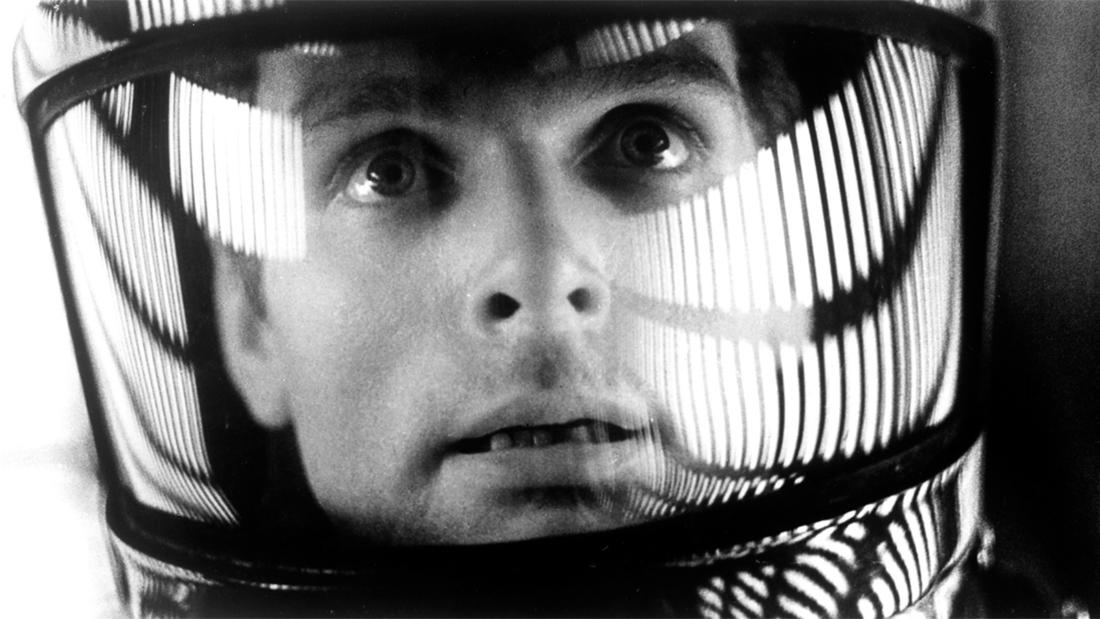
Kenworthy Performing Arts Centre Moscow, ID
Dr. Vivienne Baldassare
Assistant Professor, Washington State University Physics and Astronomy Department
2001: A Space Odyssey— How do you find a black hole?
Program Description
Everyone knows that entering a black hole will definitely you turn you into a Star Child, but how do you actually find black holes? Dr. Vivienne Baldassare addresses the audience with her research about the quest to identify black holes in our galaxy.
Presented At
Kenworthy Performing Arts Centre Moscow, ID
Film Synopsis
Humanity finds a mysterious, obviously artificial object buried beneath the Lunar surface and, with the intelligent computer HAL 9000, sets off on a quest.
Dr. Dave Bowman (Keir Dullea) and other astronauts are sent on a mission to discover the origin of a mysterious monolith discovered beneath the Lunar surface. As the team heads toward Jupiter, their ship's computer system, HAL, begins to display increasingly strange behavior, leading to a tense showdown between man and machine that results in a mind-bending trek through space and time. Director Stanley Kubrick's adaptation of Arthur C. Clarke's best-selling book is a landmark production, perhaps the most respected science-fiction film of all time. The groundbreaking special effects and trippy visuals offer a mix of imagination and science, and the film itself serves as a profound commentary on man's relation to machines, the universe, and life itself.
About the Speaker
My work is focused on detecting and characterizing the population of massive black holes in low-mass galaxies to provide observational constraints for models of BH formation and growth. I am particularly interested in using time domain observations to identify active black holes in low-mass galaxies that are missed by other selection techniques.
Prior to my current position, I was a NASA Einstein Postdoctoral Fellow in the Department of Astronomy at Yale University. I received my PhD in Astronomy & Astrophysics from the University of Michigan in 2017.